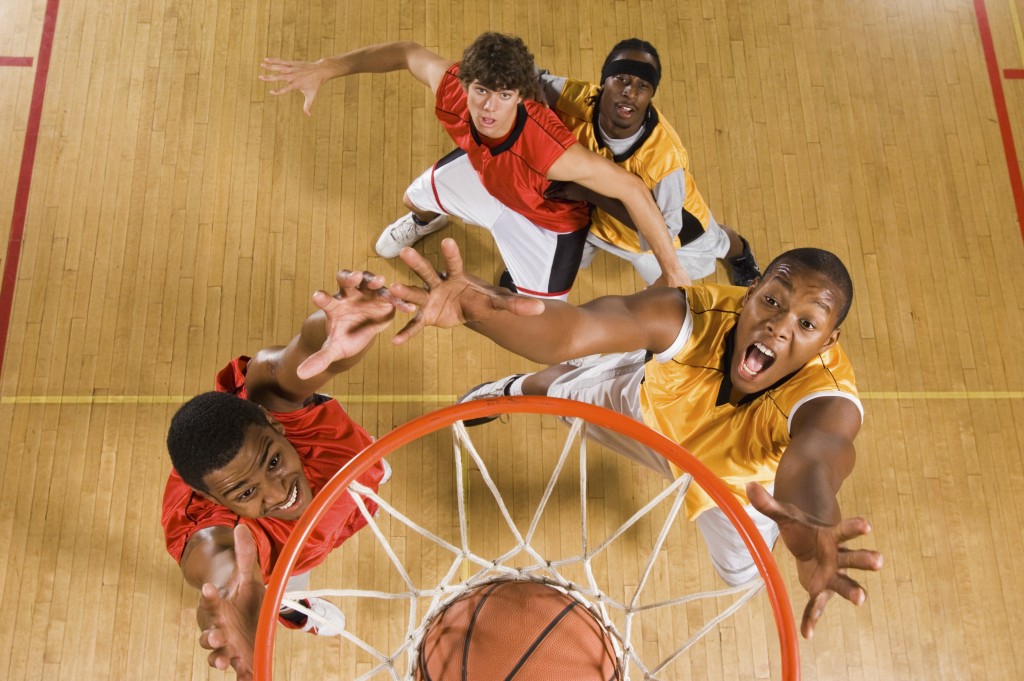It’s in a child’s nature to play, and this is another way to socialize with their peers. Sports are a form of play that teaches them essential life lessons such as discipline and teamwork. For teens, engaging in sporting activities such as basketball or football helps develop both their physical and mental health. Teen athletes have lower chances of developing depression or anxiety. Sports also help them achieve higher grades and improved socialization skills.
However, injuries are common concerns raised by parents. As more teens are taking part in different sport disciplines, it’s important to remind them about safety. Sprains, tendonitis, and fractures are some of the common injuries in teen athletes. Wearing the right protective gear helps minimize these sports injuries.
Safety Gear First
Each sport requires athletes to wear the prescribed safety gear or equipment. Helmets are required for sports such as football, baseball, cycling, inline skating, skateboarding, and snow-related sports. Soccer, volleyball, wrestling, football, and scooter games require the use of knee and elbow pads for protection.
Aside from this safety equipment, most of these sports recommend their athletes to wear a mouthguard. Luxation, orofacial fractures, and avulsion are just some of the dental injuries teens experience. Customized mouthguards can help protect them against these.
Help Them Prepare
Preparation starts at home, and you can help your teen athlete prepare for the next season. Start by allowing them to rest their bodies for a month before encouraging them to exercise. Their muscles need to relax and recuperate too. Encourage them to start their exercise regimen gradually to help their bodies build up strength.
A lap or two around the block is a good start before they hit the local field for practice. Muscle stretching exercises are best to encourage muscle growth and flexibility. Consult a sports physician or your teen’s coach before allowing them to do these exercises.
 Give Them a Balanced Diet
Give Them a Balanced Diet
When it comes to food, teens have different nutritional needs due to the sport they’re engaged in. There is no “guaranteed” formula when it comes to sports nutrition, but teens need at least a pound of protein per pound of their actual weight. Their young muscles need as much protein as their bodies can get to help repair damaged muscles faster.
Red meat, lean pork, and poultry are the best sources of protein. Don’t forget to include vegetables, fruits, and milk in their diet. A well-balanced meal helps their body heal and recover faster.
Discuss Safety Practices and Measures
Teen athletes need to be aware of safety protocols while playing their preferred sporting activities. It’s best for parents, school officials, and coaches to discuss these with their athletes. Make sure that they are aware of the different risks involved in their sports.
They should know how to protect the vulnerable areas in their bodies to mitigate injuries. Coaches and parents should also review the rules and update them if necessary. Always be proactive instead of being reactive to minimize sports-related injuries.
Athlete safety, especially for teenage athletes, is as important as winning the district or state finals. Injuries will only bench the best players and prevent their teams from giving their best. Safety should always be a priority in the field.
